You recently asked EP President Roberta Metsola to take action against the defamatory leaflets being distributed in the European Parliament against Viktor Orbán and Jaroslaw Kaczynski. Have you received an answer yet?
No, but I am still waiting for it. We have a new EP president so this was reason enough to write the letter: perhaps Roberta Metsola will take advantage of the opportunity to put an end to these kinds of things in our institution. The defamation of Viktor Orbán and Jaroslaw Kaczynski is nothing more than political hooliganism. The biggest problem I see though is that the EP’s left majority thinks they can do whatever they want. Can you imagine what would happen if I did something like this in the EP? I would probably have been sanctioned already.
This is your third term as Member of the European Parliament; have you not become accustomed to these kinds of campaign efforts?
Things have gotten worse over the years. It is in the interest of the majority left for the Hungarian and Polish administrations to cease to exist in their current forms. And I am not just talking about in the EP.
I have clearly told Ursula von der Leyen, to her face, that the European Commission is also working to influence democratically elected European governments.
They have a wide range of tools: from political attacks to personal insults. Meanwhile, the EP is working on its umpteenth resolution on Hungarian or Polish issues. We will debate the Pegasus affair as well. Have no doubts: despite the fact that there is no evidence at all against the Budapest and Warsaw governments, the debate will entirely be focused on us. In truth, rules have been let go and they have no boundaries. It makes one sick to see this.
What did President Von der Leyen say to your statement?
She would never admit that I am right, so she started talking about the role of the ECJ. Another example: the EPP will send a delegation to Poland. The Spanish representative in charge of the group, Esteban González Pons, carelessly, and publicly stated that their mission is to help change the Polish government. It is appalling.
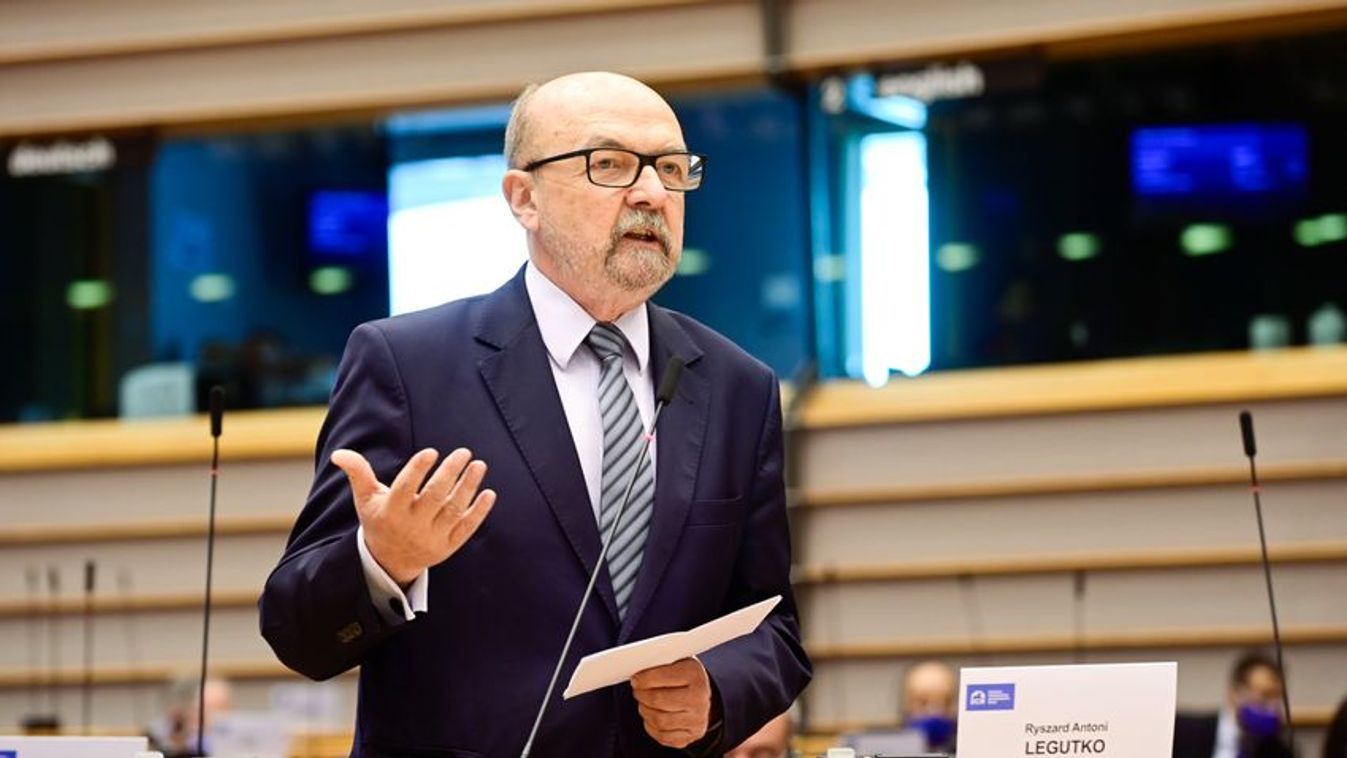
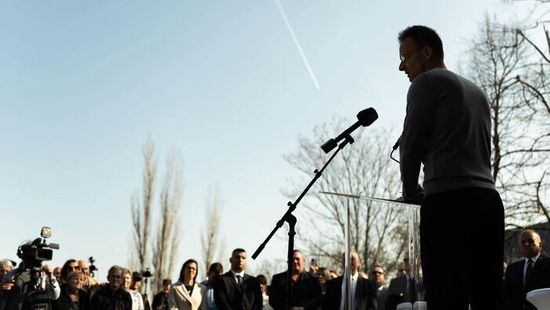


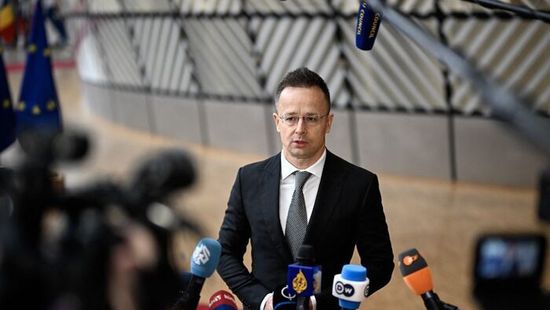


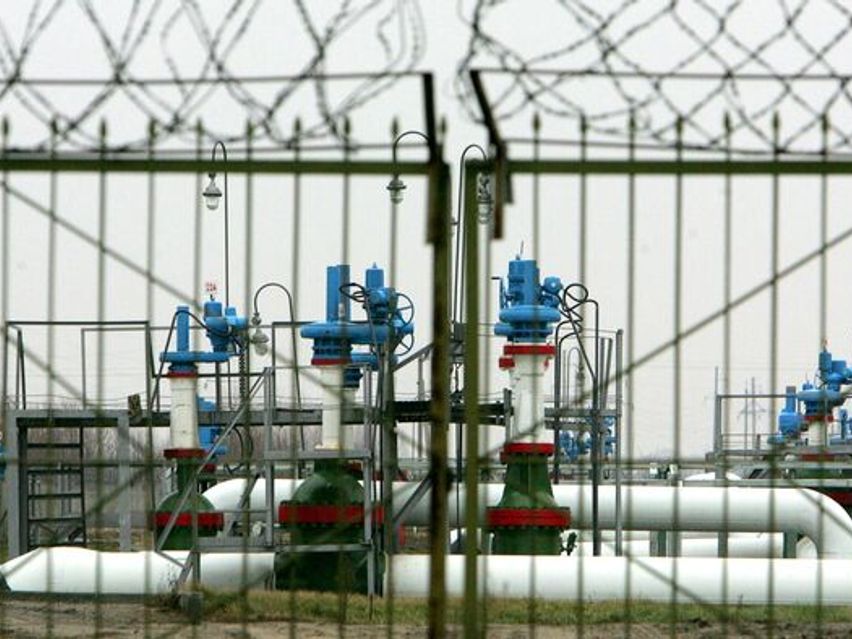
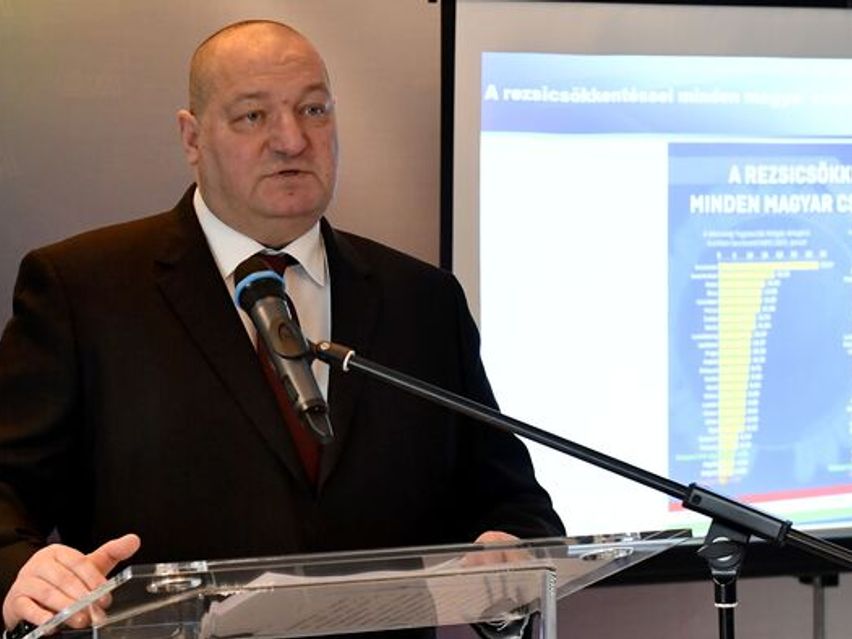






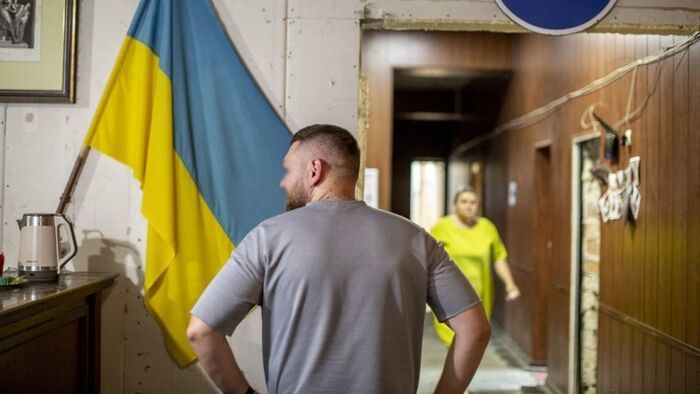
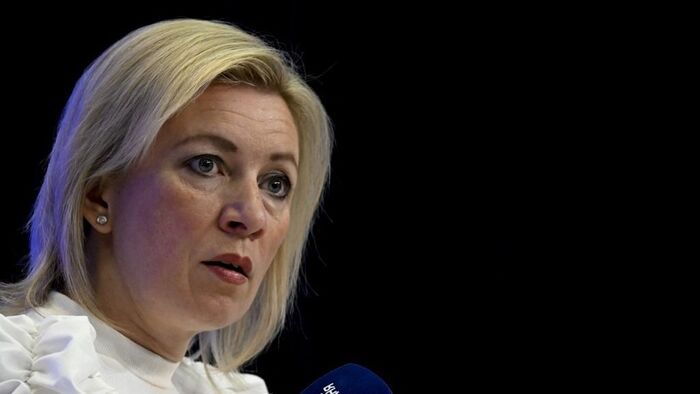
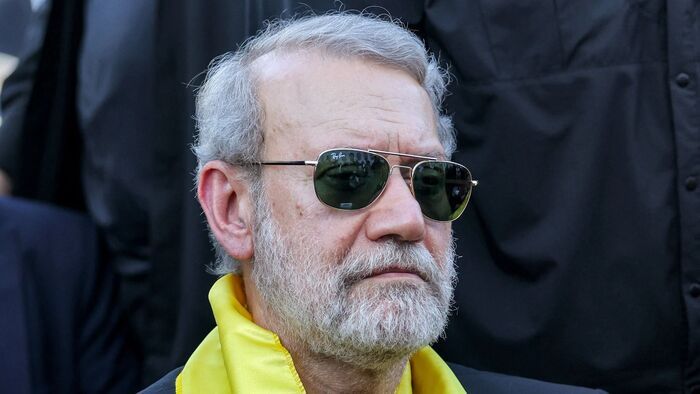


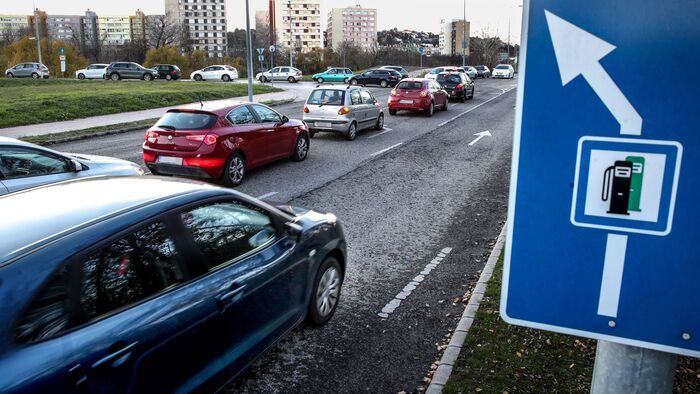


Szóljon hozzá!
Jelenleg csak a hozzászólások egy kis részét látja. Hozzászóláshoz és a további kommentek megtekintéséhez lépjen be, vagy regisztráljon!